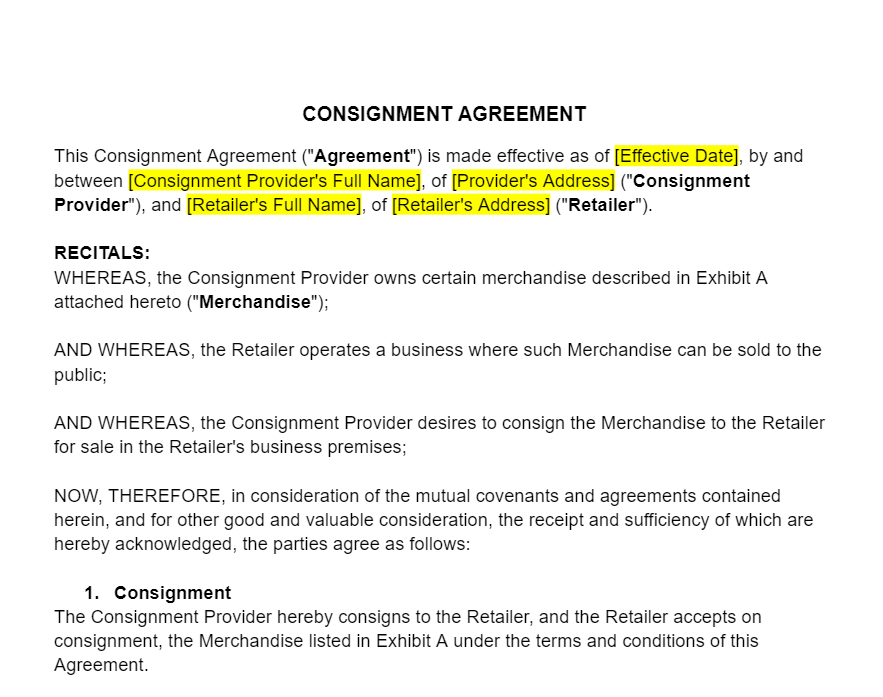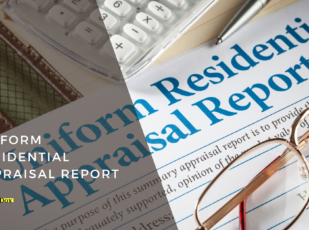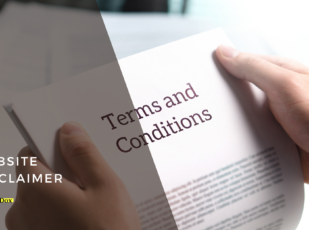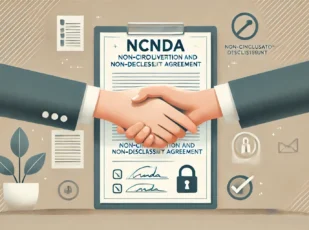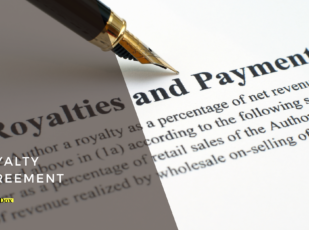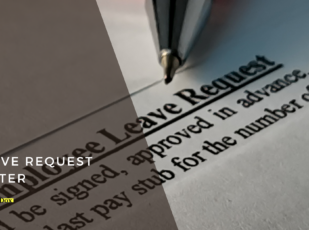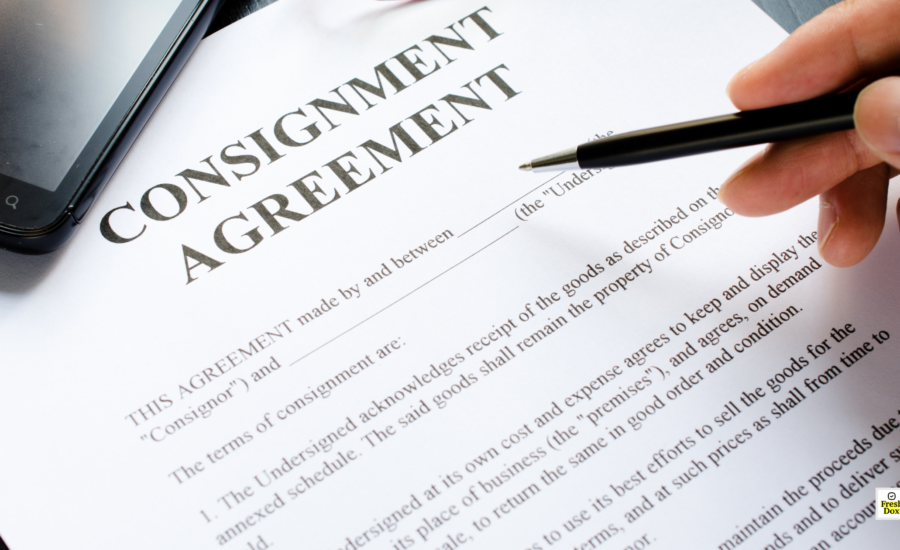
Consignment Agreement Template
8 Downloads
Commercial
February 17, 2025
Sayantani Dutta
Consignors (suppliers) need to provide products to consignees (distributors or retailers) all the time. This is the most efficient way to move product. If the suppliers themselves try to sell, their focus will be split. Things are best left to specialists. This is how the world of retail and distribution has worked. And underlying these transactions is a fundamental document that outlines the terms of such a business arrangement—the Consignment Agreement.
This agreement details the responsibilities, revenue sharing, and procedures for handling unsold goods. The idea is to clearly define the dynamics of the consignment partnership under the laws of the state. As such, this entire agreement ensures that both parties understand their obligations and rights, which further helps create a cooperative relationship that benefits both the supplier and the retailer.
With no ambiguities and misunderstandings in place, business can go on smoothly and efficiently, benefitting all parties involved in moving the product. Every provision of this agreement, often called the consignment contract instead of the Consignment Agreement, is meant to safeguard the rights and interests of both parties.
It is an enforceable legal document that can be used to protect a party against the risk of loss or offer severability to the supplier, among other things. In this article, we are going to discuss the agreement for consignment arrangement in detail, including the benefits of the conditions of this agreement for both parties and the risks of relying on an inadequate template to draft yours.
The Importance of a Consignment Agreement
Let’s first take a look at the many benefits and the importance of having a comprehensive agreement to secure the consigned items.
First of all, a well-drafted Consignment Agreement offers the much-needed legal framework that protects the interests of both consignors and consignees. This ensures that the product is handled, displayed, and sold according to agreed-upon standards.
The agreement also specifies all the payment terms, the division of revenue from the sold items, and the time frame or consignment period for remitting sales proceeds to the consignor. With all these clauses and protections, the partnership can effectively minimize the potential for financial or legal disputes.
What’s more, the terms of this agreement also address inventory management—with conditions for the return of unsold goods, for example—to reduce the risks often associated with overstocking and unsold inventory for the consignee.
On behalf of the consignor, the agreement offers certain warranties and waivers under the applicable law on consignment sales. For the consignee, there are often some exclusive rights and legal advice and covenants for any dispute resolution, insurance coverage, arbitration, reasonable notice, etc., related to the sale of goods to serve as a legal contract or safeguard.
With a robust Consignment Agreement, both sides win.
Operating Without a Comprehensive Consignment Agreement
A lot of contract templates online (especially any free consignment agreement) can cause a number of problems. These are not ideal starting points to draft a proper Consignment Agreement. Not only are both parties exposed to significant risks, but without a formal agreement, many misunderstandings regarding inventory management, payment terms, and responsibilities for lost or damaged goods can arise as well.
All this can potentially lead to disputes and financial losses.
Furthermore, the lack of a clear agreement is also likely to result in inefficient handling of unsold products. For example, if a lot of unsold product accumulates on the shelves without the consignor knowing about it, they might not be able to make corrective efforts in time to prevent financial losses. By extension, the relationship between them and the consignee might sour as well. This can even adversely affect the consignor’s ability to manage inventory and the consignee’s store layout and stocking policies.
Such uncertainties, when they arise, can easily undermine the trust between both parties, thus jeopardizing the partnership, and more importantly, the profitability of the business dealings.
Plus, with unmet expectations on either side, disputes under the governing law can arise. In many cases, a poorly drafted Consignment Agreement might not even be enforceable, causing significant damages to either party.
Key Components of a Consignment Agreement
With all that out of the way, it is time to understand what makes up an “ideal” Consignment Agreement. Please note that the exact nature of the product and the relationship between the consignor and the consignee will determine the final conditions and clauses that are put within the agreement. But, in broad strokes terms, we can tell you about the essential headings that are often included in the majority of Consignment Agreements.
These include:
- Parties Involved: Before anything else, we need to clarify who the consignor and the consignee are. Both parties need to be identified properly with their legal names and contact information. This is critical in the case of a legal dispute.
- Description of Goods: Next, the Consignment Agreement will offer a detailed list or description (often called recitals). All the items being consigned need to include their specifics such as the conditions or quality standards. This is a reference point that parties can look up in case of any confusion or issue.
- Financial Terms: There will be a section with clear terms outlining the pricing of goods, revenue-sharing percentages, and the schedule for payments from the consignee to the consignor. In many cases, it is normal to have a simple Financial Terms section within a Consignment Agreement that only includes the sale price (or the purchase price). Such sale price will be included in the description with any other commitments. But in many complex situations, the selling price alone is not the only thing that needs to be discussed. For example, is the delivery or payment installment contingent on some warranty? Will the payment terms differ depending on the performance of the consignee? Any special terms and conditions related to the financial side of the deal should be included here.
- Inventory Management: Next up, we have the section on the actual inventory and how it should be managed. Inventory management clauses/conditions often include things such as the procedures for handling, displaying, and storing consigned goods. The section will also include policies and guidelines for unsold inventory and restocking. Proper inventory management is extremely important for a streamlined and efficient sales process.
- Term and Termination: This section stipulates the number of days for various things. First of all, it includes the duration of the agreement. It also includes any conditions under which either party may terminate the arrangement, including any notice requirements.
- Responsibilities for Loss or Damage: Who is going to be responsible for what type of loss, and to what extent? Answering that in detail is the main objective of drafting this section. Here, put in any guidelines and instructions to determine the liability for lost, stolen, or damaged goods while in the consignee’s possession.
- Dispute Resolution: Any good agreement needs proper mechanisms and channels for addressing any disagreements or disputes. The Consignment Agreement is no different—here, you specify exactly how any disputes are going to be handled in the future.
- Governing Law: The governing law section is the designation of the legal jurisdiction that governs the agreement and any legal actions resulting from it. This is the end of the agreement (after this, the signatures are gathered from both parties to legally bind them both and have them affirm their agreements to the terms mentioned in the document).
Worry-Free Consignment Management with FreshDox.com
Securing consignments can be difficult. What can be even more difficult is finding the right business partnership where your interests, profits, and rights are protected legally. To support the success of such consignment partnerships, FreshDox.com has a professionally designed Consignment Agreement Template that is a world apart from the generic ones you will find online.
It is crafted by legal experts with a deep understanding of how retail and distribution dynamics work. As such, our template for consignment management offers you a comprehensive and customizable framework for establishing clear, mutually beneficial consignment arrangements.
When you subscribe to FreshDox.com, you gain access to so much more apart from the Consignment Agreement Template. We have hundreds of document templates for business, professional, and legal needs that you can customize and download (Word or PDF) easily.
With straightforward customization to address the unique needs of your consignment partnerships, the Consignment Agreement Template already has all the necessary sections and sample clauses/conditions that are put inside each one. All you need to do is edit, remove, or add them to create a unique agreement for your specific needs!
The best part? We have a 14-day trial period for new users. Using our trial, you can easily take a look at our Basic and Premium Membership Plans without committing. The Basic Plan offers you the ability to download up to three document templates a month whereas the Premium Plan is ideal for suppliers, retailers, and distributors with ongoing needs, offering unlimited downloads.
With FreshDox.com’s Consignment Agreement Template, anyone can draft effective consignment partnerships with the peace of mind that there is sufficient clarity, compliance, and profitability for both consignors and consignees. What are you waiting for!? Sign up today to streamline your consignment operations and protect your business interests with FreshDox.com by making an account and grabbing our 14-day trial!
Related Templates
Discover more templates that align with your needs and preferences.

Ready to Sign Up?
Sign up for FreshDox.com’s 7-day trial and discover why so many individuals and businesses trust us for their legal document template needs.
- Cancel any time
- 7-day free trial
- From 300+ Customer Reviews

